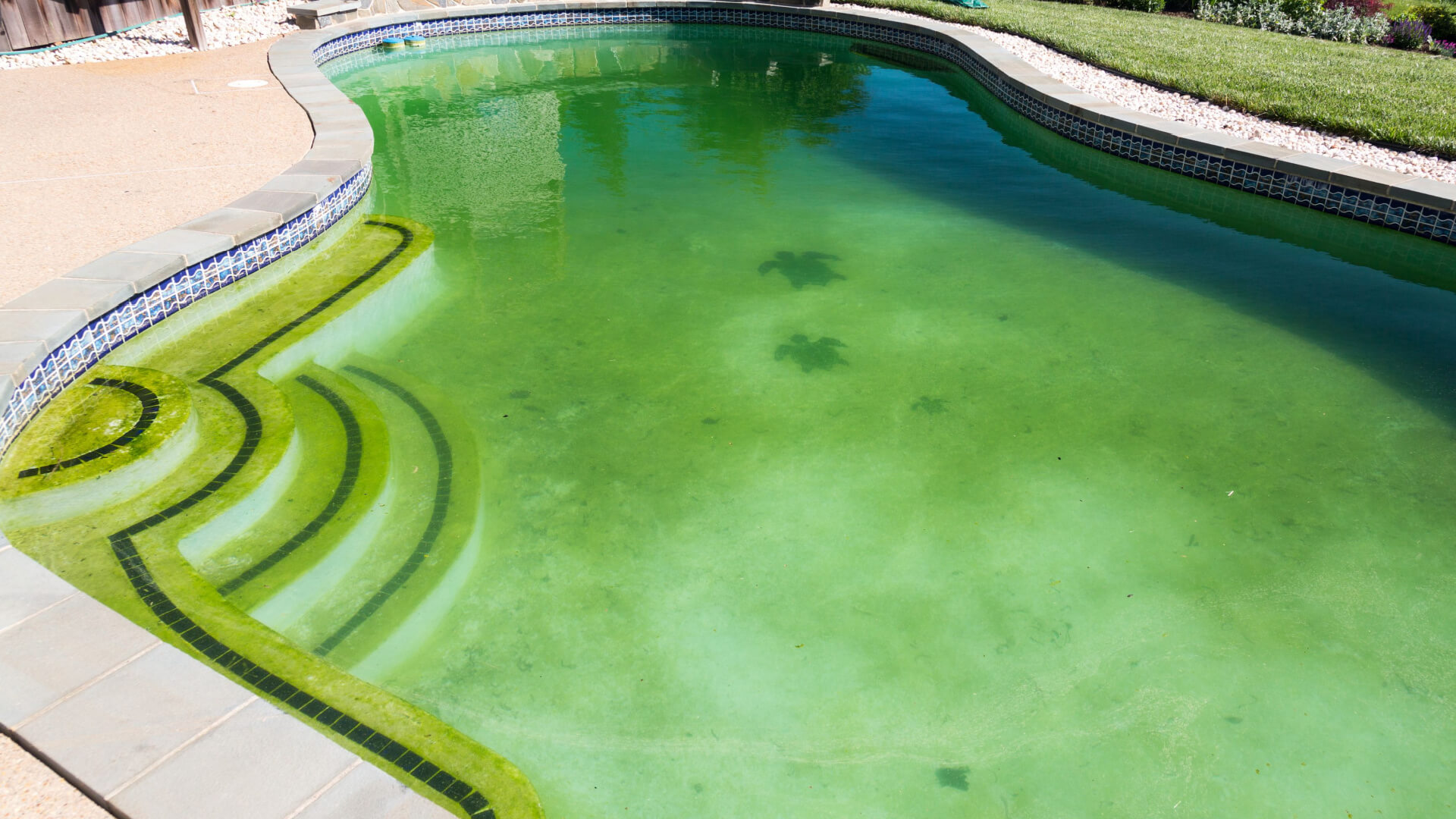4 Pool Maintenance Mistakes You Should Avoid

Like any other purchase, you have to take care of a pool to make sure it stays in good condition. If you don’t, all your money and effort will be wasted on a body of water that isn’t safe for you to swim in. To prevent this from happening, it’s essential to avoid some common pool maintenance mistakes first-time and long-time pool owners make.
When you get a pool from Aqua Leisure Pools and Spas, you’re also getting the knowledge and support of our team. We’ve helped people install pools for years, so we have a laundry list of bad habits people get into when it’s their first time having an in-ground or above-ground pool. If you need help with your pool or are looking to get one, contact our experts after checking out what pool maintenance mistakes you should avoid.
#1. Adding Pool Shock Directly to the Water
Pool shock is a common package of concentrated chlorine. With its high concentration and strength, chlorine can bleach anything in your pool. It’s not exactly bleach, but it works similarly in water as bleach would in clothes. Bleaching something means converting materials into colorless, soluble particles that other substances can easily remove. When you bleach your clothes, detergents easily remove these particles. Pool shock makes it easier for pool cleaners and filters to catch particles.
This is also why shocking a pool does not provide immediate results, because it is helping the other cleaning devices do their job. Skin-to-skin contact with pool shock is dangerous. When you add pool shock directly to the water, it dissolves and spreads throughout the water and sticks to the edges of your pool. This can lead to your water’s pH levels staying unbalanced, unsafe to swim in, and difficult to clean.
What you should do is put the pool shock in a bucket of water before you shock the pool. This way, the pool shock chemicals have mostly dissolved and will spread out more evenly across the pool, without the excess bits sticking to the surfaces of the pool. It’s much easier to clean out excess chlorine from a bucket than from a pool.
#2. Adding Shock Through Your Skimmer
Remember, pool shock can stick to surfaces while it’s dissolving in the water. It’s not dangerous for your safety for that to happen in a large pool. You just have to manually clean it up. Dumping it into the small filtration system is asking for disaster.
The previous pool maintenance mistake will leave you with a lot of cleanup work, but this one can destroy your pool filter’s system, literally. Pool shock is usually made with calcium hypochlorite or dichlor, and chlorine itself isn’t supposed to be inhaled or ingested. When you put any two of these chemicals together in a small space without enough water to separate and mix safely, they tend to… explode.
Your pool shock and your skimmer which is chock full of concentrated chlorine should never be that close together.
#3. Shocking Your Pool During the Day
Chlorine cleans your pool by attaching itself to particles it wants to get rid of. The byproduct of this is chloramines, which disturbs the balance of your pool’s pH level, but filters can clean them up enough so your pool remains habitable.
When you use shock during the day, these chloramines filter through your pool while the sun is out. The sun is not your friend, and burns away your chemicals. This reduces chlorine’s cleaning efficiency, turns the byproduct into more dangerous chemicals, and overall, wastes your time and money.
#4. Using an Automatic Pool Cleaner System for an Algae Problem
Most automatic pool cleaners don’t have the ability to clean up algae. What it will do is push algae and other debris into a mesh bag, letting algae particles trail behind it. This gives the algae a good tour of your pool, assuming the algae doesn’t close the pool cleaner first.
Rather than try to use an automatic pool cleaner system, you need to break out the manual vacuum, switch your filter to waste, and get to work. You might lose some water and time, but it’s better than being unable to use your pool with all the algae in it.
Pool algae isn’t the same as algae in the ocean. The algae within pools contains and breeds more dangerous and infectious bacteria that you won’t see in the ocean.
Contact Aqua Leisure If You’ve Made Any Pool Maintenance Mistakes
We’re here to help, not to judge. We all make mistakes, especially when it comes to taking care of a huge body of water in our backyard. Our experts will help diagnose the problem, recommend you some cleaning solutions, and get you back to swimming.
If you need a pool to swim in first, we can get you one. We can also offer you our best tips for avoiding some common pool maintenance mistakes so you have a quality pool for a long time. Contact us today for help with your next pool!
Posted by Aqua Leisure Pools & Spas in Pools

